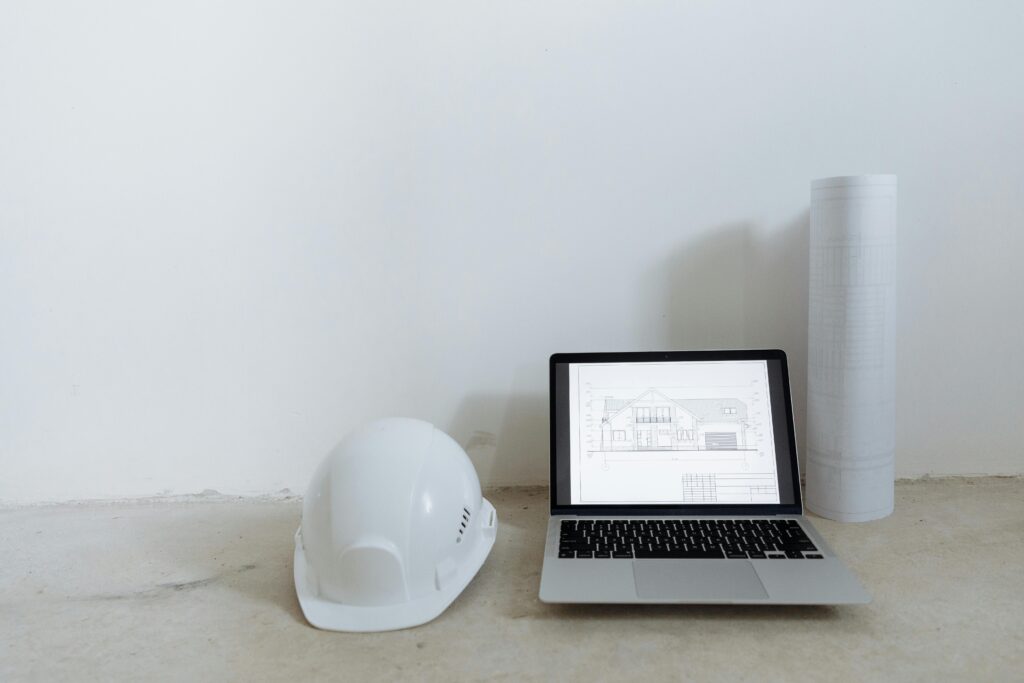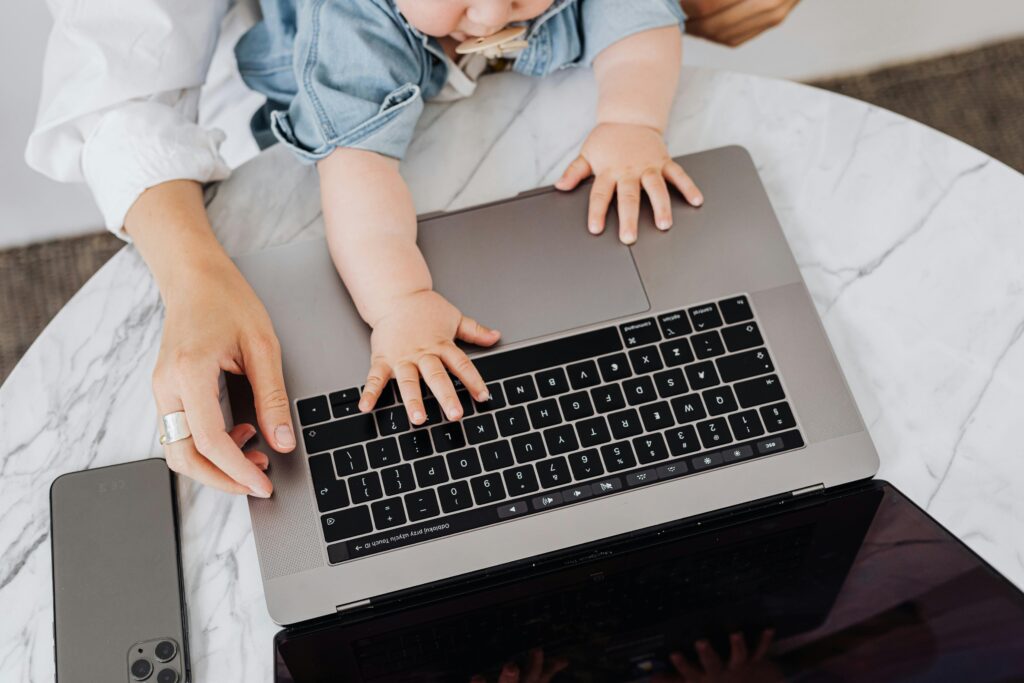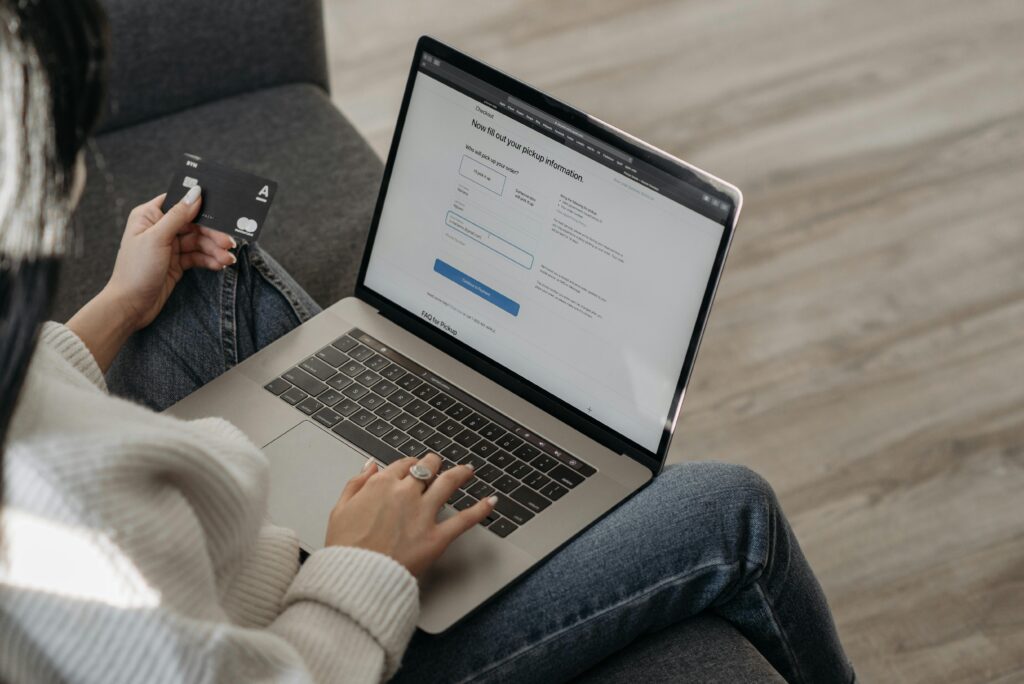Data security and privacy are now top concerns in today’s digital environment. It’s crucial to make sure your sensitive information is safe from prying eyes, whether you’re using a laptop for business, education, personal use, or to save private documents and images. Privacy lockers are helpful in this situation. You can save secret files, folders, passwords, films, and other sensitive information on your laptop in a privacy locker, which is a secure digital area. These programs frequently have features like auto-lock, passwords, hiding mode, password protection, and more.

A privacy locker
A privacy locker is a digital storage area that is secured by a password or biometric lock. It is also known as a file vault or secure folder. It guarantees that the contents within are limited by approved individuals. Your laptop is like a digital safe that only you can open.
Important characteristics include
password protection, AES-256 robust security, Options for concealing files, Safe deletion of files, Logout automatically, Local backup or cloud syncing.
Why Is a Laptop Privacy Locker Necessary?
There are numerous justifications for installing a privacy locker, including.
Safeguarding Individual
Documents: Laptops are frequently used to store documents, financial files, films, and photos. A privacy locker provides an additional degree of security.
Confidentiality of Business
Professionals, students, marketers, and freelancers frequently handle sensitive work. A privacy locker guarantees the confidentiality of company information.
Preventing Theft of Identity
A privacy locker aids in preventing data theft and cybercrime by protecting passwords, ID scans, and other private information.
Avoiding Unauthorized Entry
Other people can use your laptop in communal settings, such as homes or colleges. Your files are protected from prying eyes by a privacy locker.
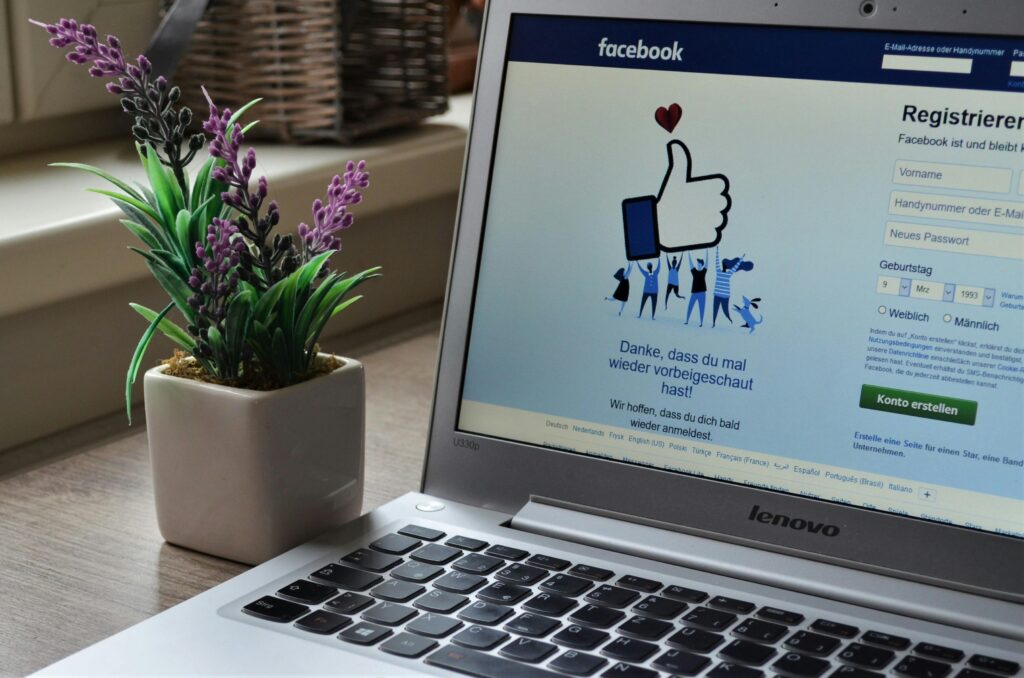
Top Laptop Privacy Locker Apps
Popular privacy locker software choices for Windows and Mac computers include the following: Key Features of the App Name Platform: Free/Paid Windows Folder Lock Hidden mode, AES data encryption, and password lock Paid Windows’s Gilisoft File Lock Pro Delete files, hide folders, and restrict access. Hidden Disk for Payment Windows: Create invisible drives. VeraCrypt is free for Mac and Windows. It features strong encryption that is open-source. Drive-level encryption with BitLocker is available for Windows Pro for free. Disk Utility (Encrypted Disk Image) is free and integrated. Mac: Create password-protected folders. Wise Folder Hider Windows for Free Folder hiding made simple, double password protection available for free or paid.
Detailed Instructions for Setting Up a Privacy
Locker on Your Laptop. We’ll use Windows’ “Folder Lock” as an example to guide you through the installation process. For other apps, the procedures are comparable. First, get the Privacy Locker. Visit the app’s official website (for example, Folder Lock’s www.newsoftwares.net). Select “Free Trial” or “Download.” Store the arrangement file on your laptop. Set up the application. Launch the .exe file that was downloaded.
Follow the installation instructions.
Accept the terms and conditions. Select the installation path. Select “Install.”
Start the application
Following installation. Launch the application from the desktop icon or Start Menu. Next, establish a master password. This is your locker’s primary password. Remember it. Create Your First Privacy Locker. Select “Create Locker” or “Lock Files.” Decide which files or folders you wish to keep safe. Select “Add” and then either hide or lock them. To ensure that no one can access specific files without your master password, Folder Lock will encrypt and conceal them. Adjust the Configuration.Additionally, you can: Turn on auto-lock when not in use. Turn on hiding mode, which conceals the application. Turn on the password prompt at startup. These additional settings enhance your privacy.
How to Safely Use a Privacy Locker
Locker installation is only the first step. Use it to its best potential by adhering to the following security guidelines.
Make Your Password Strong
The following should be your master password: Eight characters or more. Add capital letters, digits, and symbols. Steer clear of names, dates of birth, and simple terms.
Turn on Auto Lock
This feature automatically locks your laptop after inactivity in case you forget to close your locker or leave it unattended.
Backup Secure Data
To back up your locker, use an external drive or a secure cloud service. You can find your locker data in case your laptop crashes.
Update Your App
Usually, Security flaws are fixed by app updates. Use the most recent version of your locker software at all times.
Keep Your Password Private
Even your pals shouldn’t know your master password. If it may be compromised, change it right away.
Other Privacy Features
You May Enjoy Advanced tools that are also available in certain privacy lockers.

File Shredder
Deletes files permanently and cannot be recovered.
Hidden Mode
Covers the folder location and program icon. You can lock external drives or USB devices with a USB locker.
Cloud Sync
Connect your locker to Google Drive or Dropbox.
Log History
Keep track of who has tried to open or access the locker.
Alternatives to Built-in Privacy Lockers
Both Mac and Windows come with built-in tools if you don’t want to install third-party apps. For those who use Windows, BitLocker is Available on Windows Pro and Enterprise. Encrypts whole disks. Keeps unwanted access from happening even if the drive is taken out.
To make possible
Select “Turn on BitLocker” by right-clicking on a hard drive. Create a recovery key and password. Give it time to encrypt your drive.
Secret Folders
Properties. Hide. Right-click a folder. To prevent hidden files from showing, use Windows settings.
Considering Mac Users
Use the disk utility to make a fresh disk image. Select the size and encryption. Create a private folder and mount it like a USB drive. When finished, add files inside and lock it.
Can the privacy locker program be utilized offline?
Indeed. The majority of lockers are offline and may lock or unlock data without internet access.
What would happen if I couldn’t remember the master password?
While some software allows password recovery by email, others do not. Then you are permanently denied access. Always make a backup of your password and keep it secure.
Is it possible to install it on more than one device?
Installing certain paid apps on multiple devices is permitted, but always make sure to check the license.
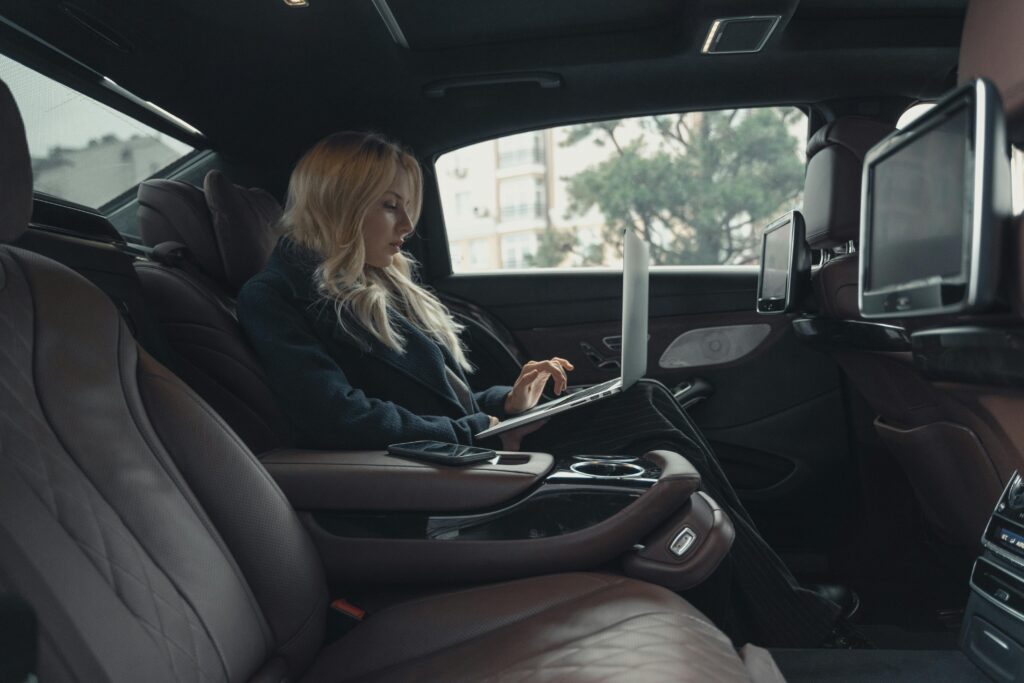
Is it secure to keep private documents like bank account information and CNICs?
Yes, your files are well protected if you have a strong password and the app has strong encryption.
In conclusion
One of the best ways to safeguard your personal and business data is to install a privacy locker on your laptop. Whether you’re protecting private projects, client information, academic work, or individual images, a privacy locker guarantees that you maintain control. Although there are numerous options, dependable security is provided by programs like BitLocker, Veracrypt, and Folder Lock. The secret is to adhere to recommended practices, which include creating strong passwords, turning on auto-lock, and maintaining backups. A private vault is a need, not a luxury, in the modern world where digital privacy is continuously threatened.
